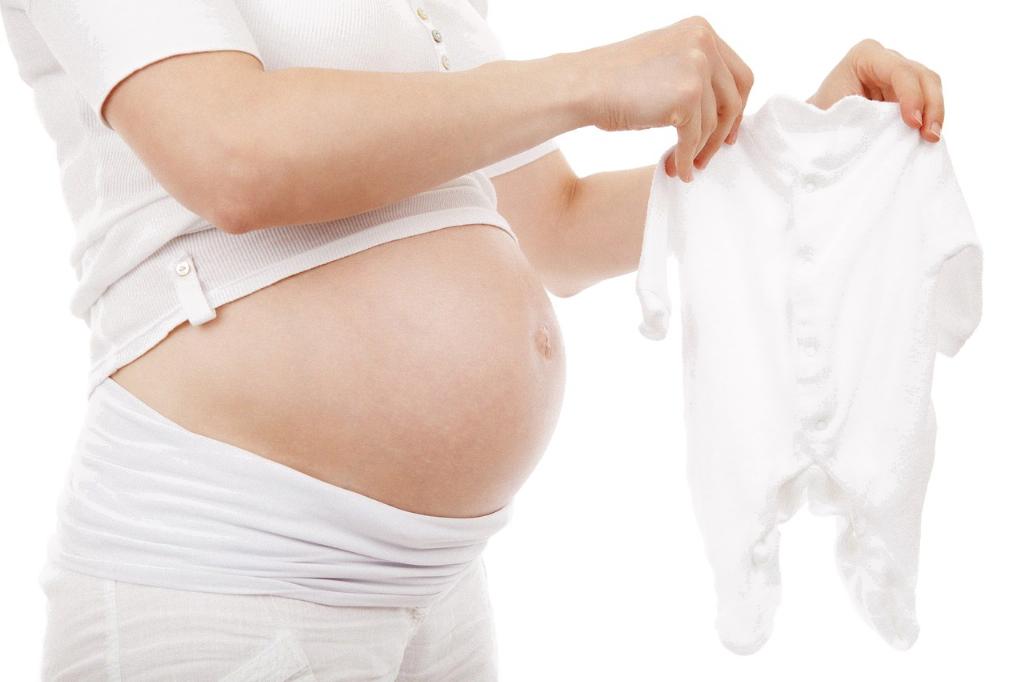When it comes to treating E. coli infections during pregnancy, it’s essential to consider several crucial factors to ensure the health and well-being of both the mother and the developing fetus.
Unique Medical Considerations
It’s important to note that certain antibiotics, such as ampicillin, should be avoided due to the high resistance of E. coli strains to this particular medication. Therefore, alternative treatment options need to be explored to effectively combat the infection.
Risks of Untreated Infections
Untreated E. coli infections, particularly severe cases like pyelonephritis, can lead to serious complications that pose a threat to the health and safety of both the mother and the unborn child. It’s crucial to address the infection promptly to prevent any adverse outcomes.
Recommended Treatment Approach
For the treatment of E. coli infections during pregnancy, healthcare providers often recommend the use of second and third-generation cephalosporins. These antibiotics are preferred due to their efficacy against E. coli and their safety profile for pregnant women.
Initial Administration Method
Typically, when a pregnant woman is diagnosed with an E. coli infection, especially in cases of pyelonephritis, the antibiotics are administered intravenously initially. Hospitalization may be necessary to closely monitor the mother and fetus during the treatment process.
Consultation with Healthcare Professionals
It’s crucial for pregnant women with E. coli infections to seek immediate medical attention and follow the treatment recommendations provided by their healthcare providers. Prompt intervention is key to managing the infection effectively.
Monitoring Progress and Response
Throughout the course of treatment, healthcare professionals will monitor the mother’s response to the antibiotics and assess the overall progress of the infection. Regular check-ups and follow-up appointments are essential to ensure that the infection is resolving as expected.
Importance of Compliance
Compliance with the prescribed treatment regimen is vital for pregnant women with E. coli infections. It’s essential to take the antibiotics as directed and complete the full course of treatment to prevent the recurrence of the infection.
Preventive Measures
In addition to treating the current infection, healthcare providers may provide recommendations on preventive measures to reduce the risk of future E. coli infections during pregnancy. Following these guidelines can help maintain the health of both the mother and the baby.
Collaborative Care Approach
Collaboration between the pregnant woman, healthcare providers, and other members of the care team is crucial for ensuring the successful treatment of E. coli infections during pregnancy. Open communication and adherence to the treatment plan are key components of a comprehensive care approach.
Conclusion
Effective treatment of E. coli infections during pregnancy requires a tailored approach that considers the unique medical needs of expectant mothers. By following the guidance of healthcare professionals and prioritizing prompt intervention, women can effectively manage the infection and safeguard their health and the well-being of their developing baby.

